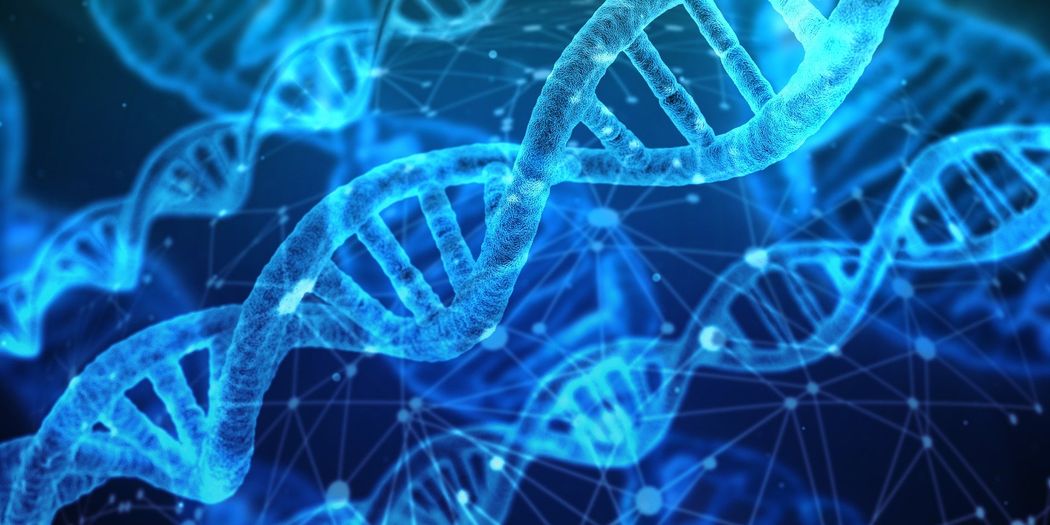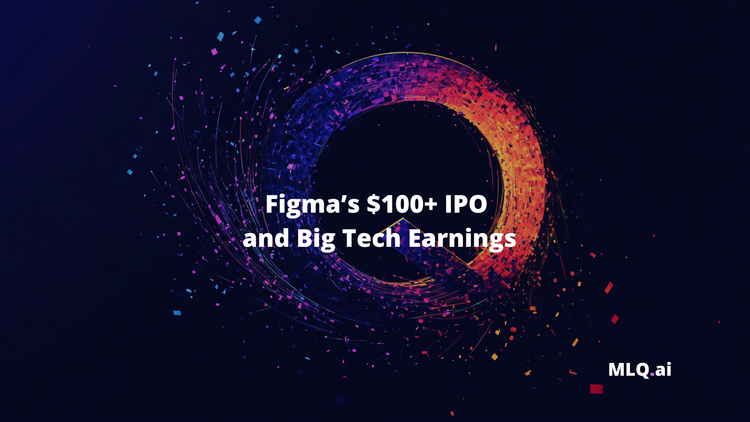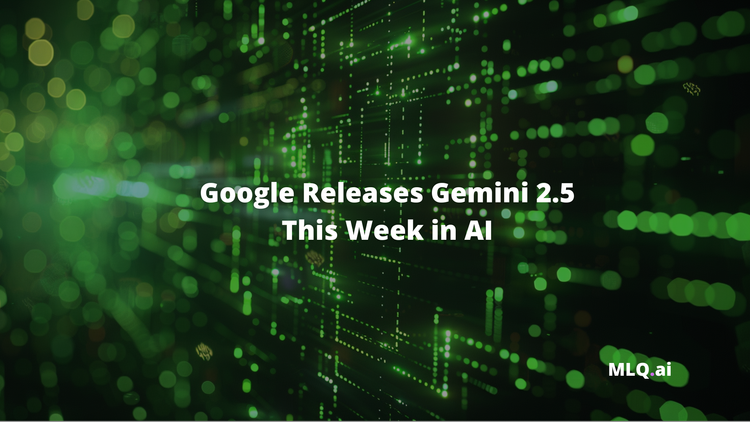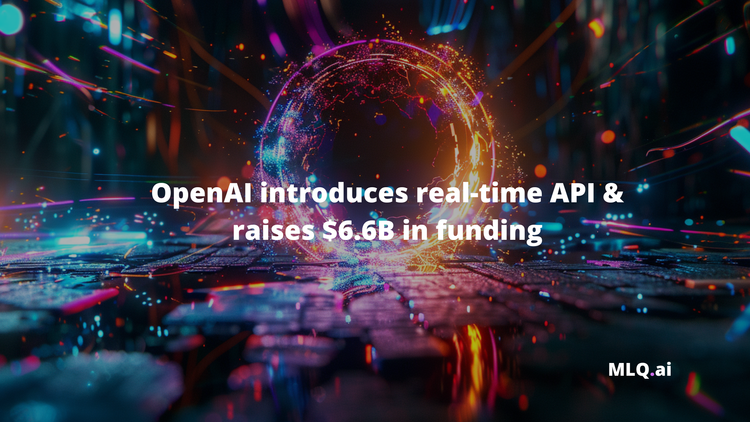Welcome to our This Week in AI roundup. Our goal with this roundup is to provide an overview of the week's most important news and industry developments.
This week we have stories about the new AI for predicting protein structures, Tesla FSD, and the rise of alternative data and machine learning in finance.
Researchers Unveil New AI for Predicting Complex Protein Structures
Scientists have dreamed of simply predicting a protein's shape from its amino acid sequence for 50 years. In June, computational biologists showed that artificial intelligence could accurately predict protein shapes. David Baker and Minkyung Baek at the University of Washington present their AI-based structure prediction approach online in Science. Their method works on not just simple proteins, but also complexes of proteins.
Stay up to date with AI
The Rise of Alternative Data & Machine Learning in Finance
Over the past decade, financial firms and investment managers have been increasingly taking advantage of this alternative data in search of alpha-generating ideas. As investors continue to search for alpha in financial markets, the rise of alternative data has also created a need for data science and machine learning to make sense of the big, often unstructured data.
In this guide, we discuss what alternative data is, examples and challenges of alt-data, and how machine learning can be used to extract insights and signals from the noise.
Tesla to Launch Full Self-Driving on Saturday
Tesla's self-driving software update has an official release date, according to Elon Musk. The company is currently putting its Full Self-Driving software's "feature complete" version to the test. If it isn't postponed any further, it should be released on Saturday, July 10th.
It’s not considered fully autonomous driving yet as the driver is still responsible for the vehicle and needs to be ready to take control at all times, although Tesla’s system performs all other driving tasks autonomously. This includes driving through intersections and on city streets under its new “city driving” feature in beta under the “Full Self-Driving” package.
ZoomInfo Buys Chorus.ai for $575M
ZoomInfo said this week that it will pay $575 million to buy Chorus.ai, a conversational sales intelligence solution. The company sees an opportunity to combine several aspects of the sales process into one platform.
As ZoomInfo CEO and founder Henry Schuck said in a blog post announcing the deal:
With Chorus, the entire organization can make better decisions by surfacing insights and analytics that you would only get if you sat in on every sales or customer success call.
Pentagon Commits to Invest $1.5B in AI Over 5 Years
Secretary of Defense Lloyd Austin announced on Tuesday that the Department of Defense's Joint Artificial Intelligence Center will receive $1.5 billion over the next five years.
While Congress ultimately decides how much money the JAIC gets, it has indicated in recent years that it is willing to allocate funding to establish it as the Department of Defense's AI "enabling force." The JAIC has received roughly 200 million per year in prior budget proposals, a figure that would rise to around 300 million per year if Austin's promised $1.5 billion is approved by Congress.
That's it for this edition of This Week in AI, if you were forwarded this newsletter and would like to receive it you can sign up here.






